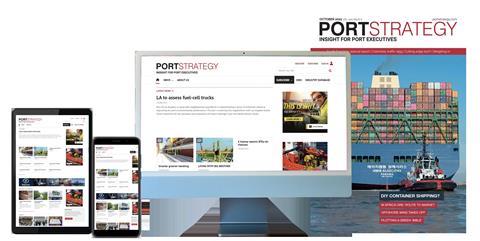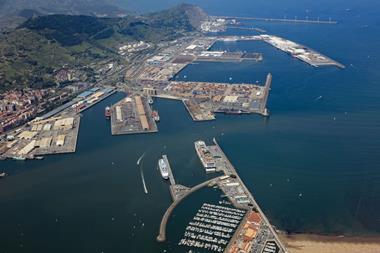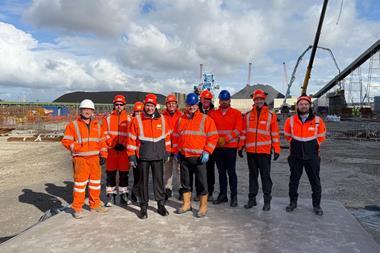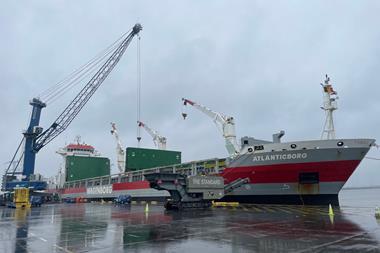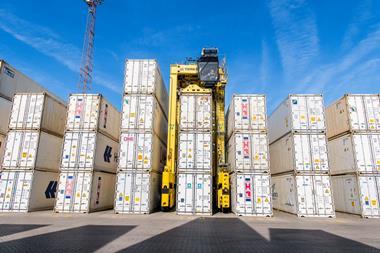The Port of Rotterdam Authority is planning for a natural decline in coal and expects it to be replaced by sustainable energy and new markets.

Speaking to Port Strategy after Rotterdam city council asked the Mayor and Aldermen for a strategy to phase out the transhipment of coal in Rotterdam harbour, the authority said it is in regular discussion with authorities to prepare for this decline and that by 2030, it aims to reduce CO2 emissions by 49% compared with 1990.
The authority stated: “The Port of Rotterdam Authority subscribes to the Paris Climate Agreement and is working to reduce CO2 emissions in line with ambitions in the Netherlands and Europe.
“For instance, in accordance with national objectives, by 2030, the Port of Rotterdam Authority aims to reduce CO2 emissions in the port and industrial area by 49% compared with 1990.”
Sustainable energy
Confirming that a plan to achieve this was formulated recently, the authority said it envisioned “sustainable energy and new markets will gradually replace fossil fuel cargo types,” bringing with it new companies.
The extent and rate at which the demand for coal will reduce is dependent on developments in steel-producing Germany, the authority said, particularly the increase in renewable energy generation, the possibilities of storing this and innovations in steel production.
It added that coal throughput in Rotterdam fell by 2.7m tonnes in 2017, “mainly as a consequence of the fall in energy coal (for electricity generation), a result of the closure of 8 coal plants (6 of which were in Germany).”
Long-term contracts
The authority confirmed it remains committed to companies operating on its premises and added: “We aim to respect the agreements we made with our clients and to ensure that these retain their value for the economy and for employment.”
Transhipment company EMO currently has a 25-year lease contract with an end date of 30 June, but plans to renew it under a provision enabling it to evoke a unilateral extension for another 25-year period.
The clause was enacted, the authority said, to offer companies client security and encourage investment beyond the end date of the leasehold contact.


